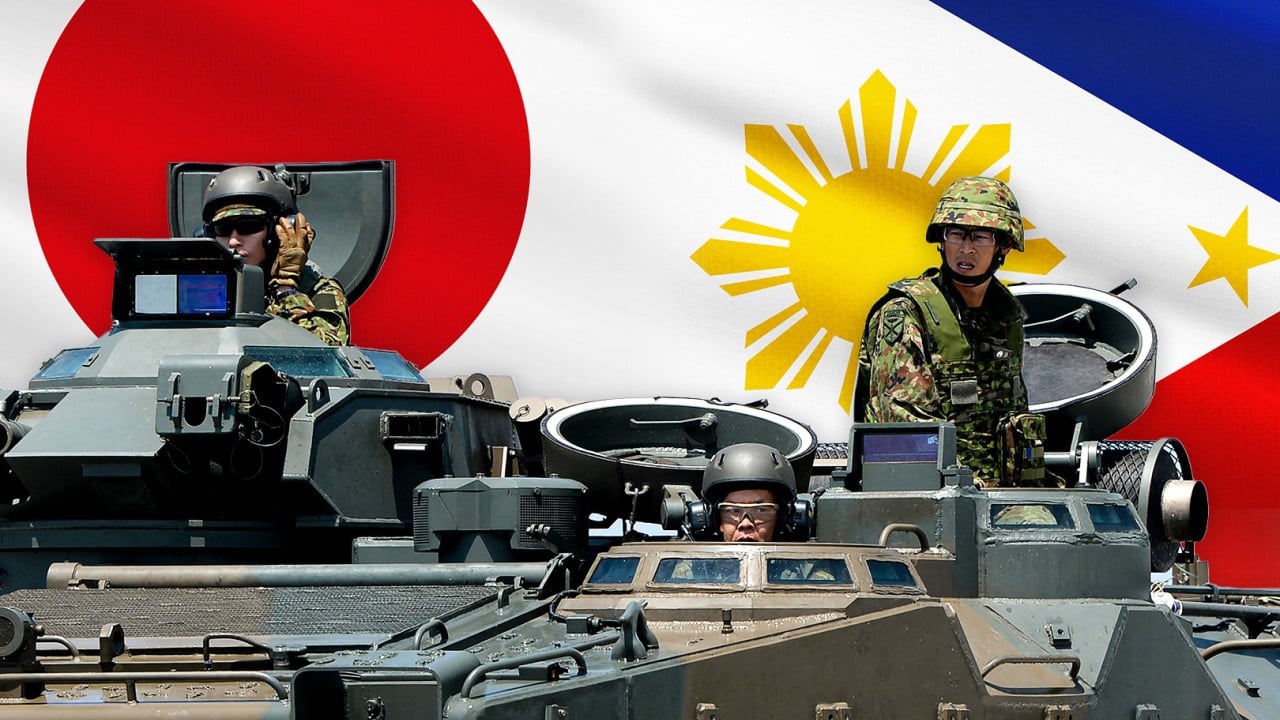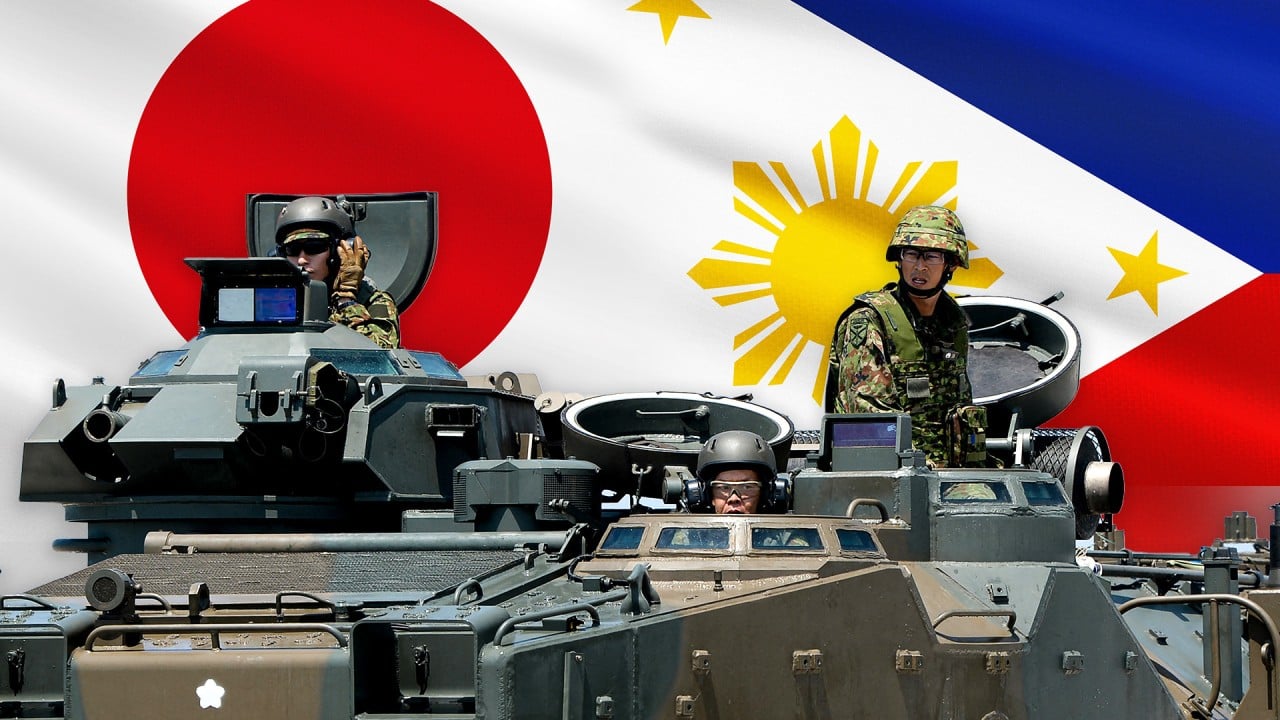Chinese President Xi Jinping has called for greater use of technology and the deployment of a “smart system” for border defence to meet “new opportunities and challenges”.
The instructions were made during a group study session on Tuesday attended by the Communist Party’s 24-member Politburo, the party’s top policymaking body. Such sessions usually give a glimpse of the leadership’s priorities.
Xi highlighted the need to “strengthen technological empowerment” in border defence, “enhance the development of new methods and conditions for border, maritime, and air defence, and build a comprehensive and smart management and control system”.
This aligns with Xi’s repeated calls to improve the use of advanced technology in the armed forces to meet modernisation goals by 2027 and achieve the goal of building a world-class military by 2050.
Tuesday’s meeting lacked details about what the “smart” systems would entail.
However, an article published last year in the PLA Daily, the official newspaper of the People’s Liberation Army, said technological advancements for border defence included modernised reconnaissance, surveillance, and early warning networks for efficient monitoring, as well as unmanned weapons incorporating AI.
Xi also called for efforts to build a “strong, stable, and modern” border defence, as well as air and sea defence, to safeguard the country’s national security and interests.
“As the world undergoes a century of accelerating changes, the influencing factors have become increasingly complex. The construction of border, maritime, and air defence faces new opportunities and challenges,” Xi said.
Beijing is facing tensions on multiple fronts, including in the South China Sea, where it has ongoing territorial disputes with the Philippines, and the East China Sea, where it is at odds with Tokyo over the contested Diaoyu Islands, known in Japan as the Senkaku Islands.
Xi called for strengthened “overall coordination” to secure the borders, according to state news agency Xinhua.
The Politburo’s regular group study sessions usually feature a reasearcher who leads discussions on various topics. This session focused on border defence, with a lecture by Huang Jizhong, an officer from the Joint Staff Department of the Central Military Commission.
Xi said on Tuesday that managing China’s border defence involved multiple military and civilian departments. He called for “combined” efforts by the military, police, civilians and local governments.
He praised the achievements of recent reforms in border defence management systems, force structure and national defence policies, adding that “a series of significant actions have been carried out to effectively safeguard our territorial sovereignty and maritime rights”.
Although Xi did not specifically mention the China Coast Guard’s role in national defence, analysts generally view it as a crucial component in defending China’s maritime interests.
The coastguard has undergone structural changes, operating under the command of the People’s Armed Police and military leadership since 2018.
The coastguard has intensified patrols near Taiwan this year and conducted law enforcement activities in the South China Sea, including the use of water cannons and lasers against Philippine vessels near the disputed Second Thomas Shoal.
During the Tuesday meeting, Xi also extended greetings to all officers and soldiers in celebration of the PLA’s anniversary on August 1.



